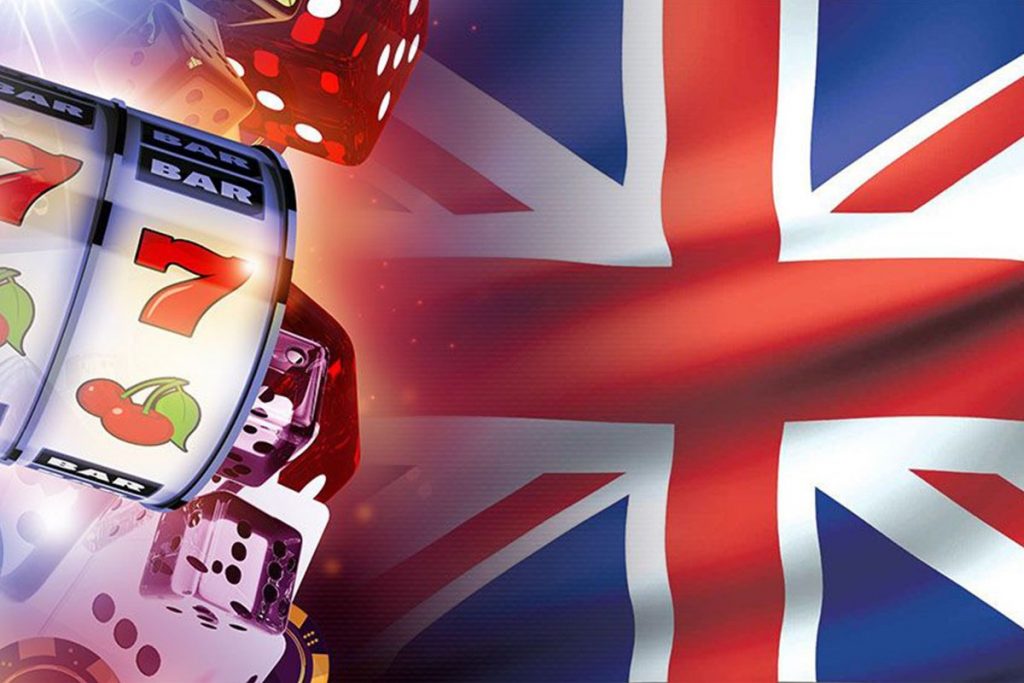The Gambling Commission in Great Britain has released research on “Participation and Problem Gambling Statistics for the Year to March 2022,” with results derived from its regular quarterly telephone survey. Yonder Consulting conducted a survey in which approximately 4,000 residents ages 16 and older were interviewed by telephone using representative sampling and standard methodologies.
Overall gambling participation was measured and compared to similar past periods. The surveyors were then able to provide more specific numbers related to in-person and online gambling, as well as give a baseline on the overall rate of problem gambling.
Recent Research and Statistics
According to a summary of the report available on the regulator’s official government website, overall participation in gambling activity in the last four weeks prior to responding to the survey had increased to 43%, which in the summary was termed “remarkable” and a 3% increase year over year compared to the same period since the beginning of the year in 2021. Although up, participation still remains about four points below the pre-pandemic participation rate of 47% recorded in March 2020.
In-person gambling participation in the U.K. increased by about three percentage points from 23% in March 2021 to 26% of land-based gambling participation for the same period this year. This year’s numbers still remain below pre-pandemic levels. The first quarter is the last mostly stable timeframe to compare without going back to 2019 since in-person gambling restrictions began on March 23, 2020.
STEADY GROWTH IN ONLINE GAMBLING PARTICIPATION

Online gambling in England continued on its upward trajectory, but remained what the researchers determined to be statistically stable at 26%. The number was 24% in 2021 and 21% in 2020.
The new report states that the “overall problem gambling rate” was statistically stable even though it was 0.2%, which is only half the number for the same period in 2021, when it was 0.4% and 0.6% the year before.
The methodology reported on the front page of the in-depth review does not qualify or quantify how a consistent three-year trend can be statistically insignificant. The layperson could certainly see those numbers declining at a relatively significant rate with this year being half of the last year and only a third of the number reported the year before. Yet, a halving of the number for the entire year 2021 was declared not statistically significant with a footnote that simply stated “At the 95% confidence level.”
A further look at the sample size, margins of error, and the fact that the results were based on a 50% normal distribution averaged annually with a margin of error of 1.55% at the 95% confidence level means that any deviation less than 0.775% would be ‘statistically non-significant’.
INDUSTRY GROUP FINDS RELEVANT NUMBERS

The UK’s gambling industry group, the Betting and Gaming Council (BGC) noted on its website that the drop from 0.4% to 0.2% represented a drop in real-world problem gambling from 225,000 problem gamblers to 113,000. The group used the data to implore regulators in the UK not to “pander to the anti-gambling lobby.”
BGC went on to point out that the drop in numbers must be seen against the backdrop of a growing “black market” of sites that are not licensed by the Gambling Commission but still accept bettors from Britain. Unbiased or uninvolved observers would most likely consider the UK as a gray market since it is not a crime for British players to gamble at sites that have “different licenses” such as Malta, Gibraltar or even the Caribbean.
This doesn’t diminish the fact that over-regulation can drive players away from a white market if they can get better odds, more lucrative bonuses and a wider range of betting products from unlicensed local operators.
The industry group pointed out that the number of UK gamblers using off-shore or “unlicensed” sites has more than doubled in the past two years, and that bets made on unlicensed UKGC businesses exceed £1 billion.
Referring to other European countries that impose strict requirements on regulated operators, the group mentioned Norway where, according to a PwC report, “black market” operators take up to 66% of the country’s bets, but problem gambling rates remain stable at around 1.4%. France reportedly has a similar situation with a strict monopoly that penalizes outside operators; 57% of the betting capital is wagered offshore, and the problem gambling rate is 1.6% across all adults.
Betting and Gaming Council chief executive Michael Dugher commented, “The data that has just been published is further evidence of that positive progress and underscores our calls for ministers to take a genuinely evidence-based approach to the forthcoming White Paper and not pander to the anti-gambling lobby.
“Our initiatives have included using advertising to promote safer gambling tools such as deposit limits and timeouts, investing more in research and treatment, changes to advertising, stronger protections for younger people and introducing tough new rules on VIP programs.”
Finally, Dugher said, “Ministers should not drive customers into the arms of the black market by introducing intrusive personal background checks for non-problem and non-risk gamblers, or by taking away the offers bettors enjoy in a highly competitive market.”